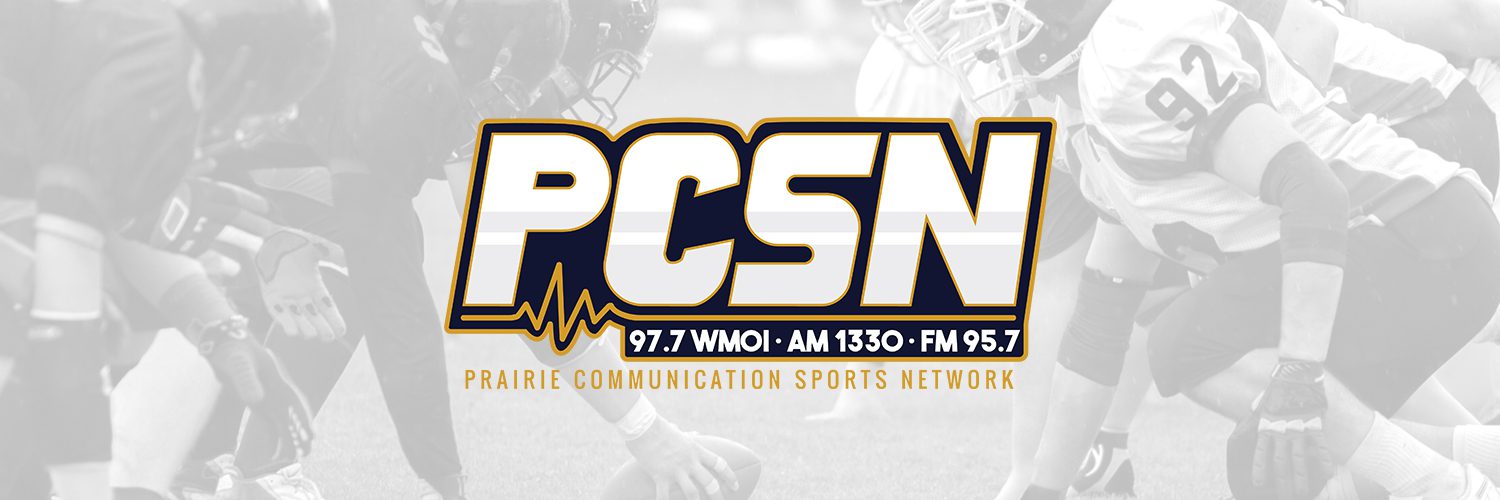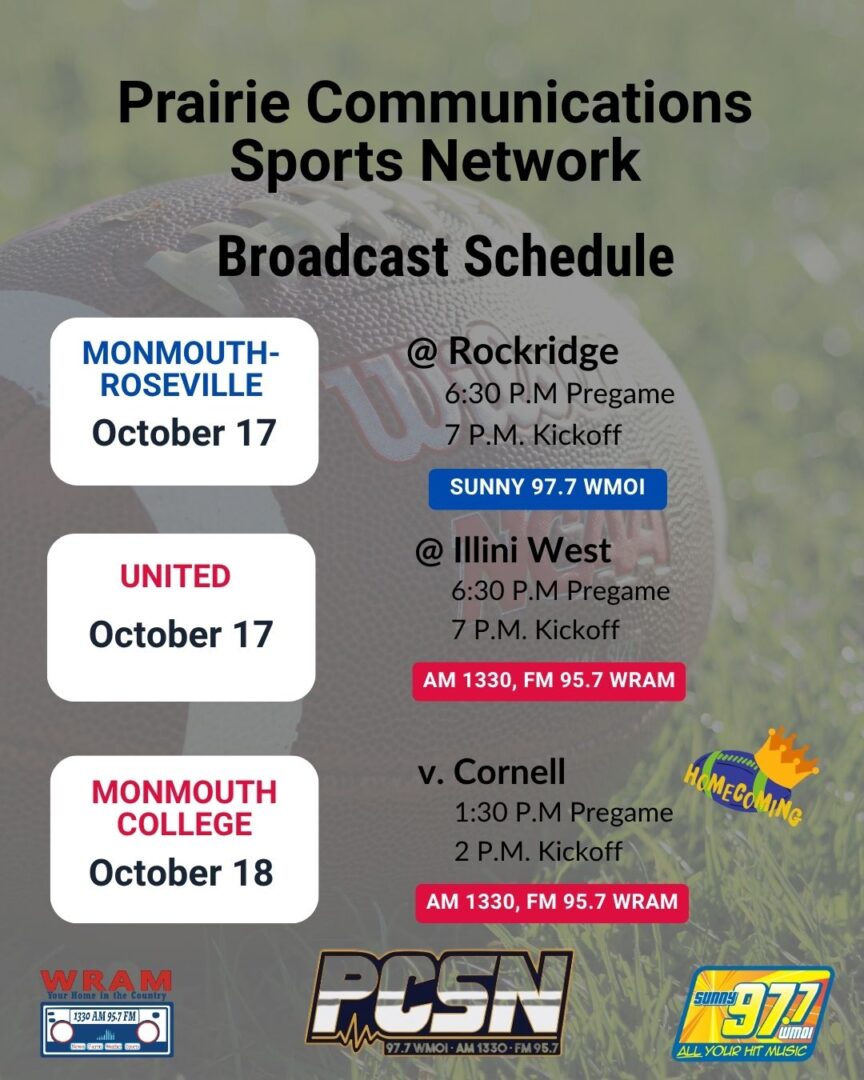By Thomas Best
Aggressive, mean-spirited, and no one’s friend. Such harsh appraisals are often-used characterizations of the life of one Tyrus Ramond Cobb, better known as “Ty Cobb.” Charles Leerhsen’s 2015 biography, “Ty Cobb: A Terrible Beauty,” might initially make one believe that with a sub-title such as “A Terrible Beauty,” he would further emphasize Cobb’s nasty reputation for such traits as spiking opponents (of course, you will soon find out such criticisms were not true). However, Leerhsen’s biography is not a soft-peddling or apologist’s tale for the bad reputation which Cobb gained during his career and extended into his post-career.
Instead, this author thoughtfully explains the fractured reasons for thinking of Cobb as baseball’s first “bad boy.” Cobb’s complex personality, of which few people knew much about, is well-told beginning with his Georgia-origins and a tragedy. His father was killed by his mother and then rehashed through a scandalous trial. While the shooting was deemed an accident, this dreadful incident never left his psyche.
While not a naturally-gifted athlete who awed scouts, his grit, hard-nosed determination, and an adept-ability to apply his keen insight to many aspects of the offensive and defensive elements of the national pastime delivered him from semi-pro ball in Georgia to the Detroit Tigers by the early 1900s. Able to interpret the seemingly imperceptible nuances and physical habits of pitchers and fielders, Cobb was known for his split-handled grip and an ability to lay down a perfect bunts, stroke a pitch into the gap, and steal off any pitcher he wished. His best seasons (including three seasons batting over .400) made him a superstar. His career statistics (such as with 54 career steals of home) made him immortal.
However, incidents took place between Cobb and fans that marked him as unfriendly, even racist. His first Tiger teammates were unmercifully cruel to Cobb and resented his stellar play as he took away the starting positions of friends. The racist label was based upon some incidents which Cobb could have better handled. In fact, in his post-career days, it was Cobb who spoke up for the right of black ballplayers to make their leap to the major leagues.
It is difficult to erase pervasive mythology, especially with Cobb. Watch the movie, “The Field of Dreams,” and you will understand why it is easier to play off Cobb’s wretched reputation as a defamed and a long-dead baseball player with the laugh line “no one liked him.” I devour books in which historians show off their skillful art of research and enlightening new interpretations. Therefore, it is not surprising when reviewers of this 2015 biography used phrases such as “ground-breaking,” “penetrating,” “compelling,” and “clear-eyed.” “A Terrible Beauty” is one of the best baseball biographies you will ever read. Not only will you be better briefed on the life of Cobb as a shrewd and intelligent man in both his relationships with others and business, but you will better appreciate his style of “scientific baseball” (which today is often called “small ball”). Best of all, you will be cleansed of the lies and misrepresentations of unscrupulous writers and film-makers who are more inclined to use the falsehoods and myth in telling Cobb’s complex story of tragedy, conflict, and fame.













